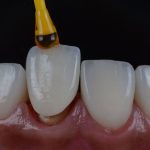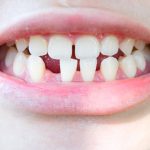Sleep Better Tonight: Effective Tips on How to Sleep After Wisdom Teeth Extraction
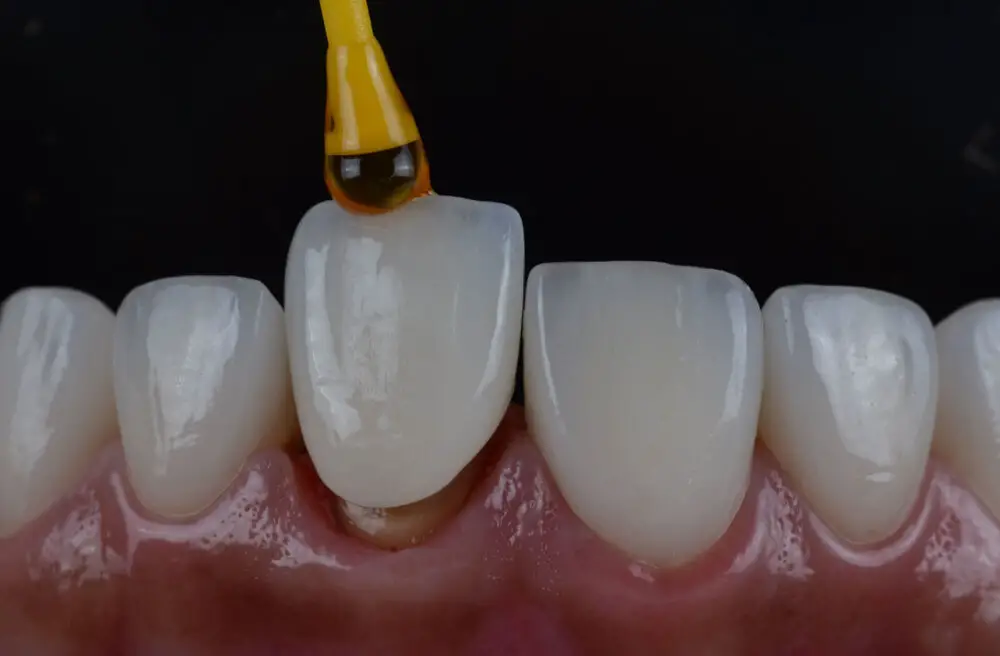
Wisdom teeth extraction is a common dental procedure that many people undergo at some point in their lives. While the procedure itself is relatively straightforward, the recovery process can be challenging. One of the most significant issues that individuals face after wisdom teeth removal is difficulty sleeping. Pain, discomfort, and swelling can make it difficult to get a good night’s rest, leading to fatigue and other complications. However, with the right tips and techniques, you can sleep better tonight and ensure a smoother recovery process. To begin, it’s essential to understand the root causes of sleep difficulties after wisdom teeth extraction. Pain and discomfort are the most obvious culprits, but other factors, such as anxiety and medication side effects, can also contribute. Fortunately, there are many effective strategies you can use to address these issues and improve your sleep quality. From adjusting your sleep position to using relaxation techniques, incorporating these tips into your routine can help you get the rest you need to heal and recover. So if you’re struggling to sleep after wisdom teeth extraction, read on to discover some helpful solutions.
Wisdom teeth extraction is a common dental procedure in which the third molars, located at the back of the mouth, are removed. This procedure is usually performed when there is not enough space in the mouth to accommodate the wisdom teeth, causing them to become impacted or grow in at an angle. Wisdom teeth extraction can also prevent future dental problems such as decay, gum disease, or damage to nearby teeth. The procedure is typically performed under local anesthesia, and patients may experience some discomfort and swelling afterward. It is important to follow post-operative instructions provided by the dentist or oral surgeon to ensure proper healing and to minimize any potential complications.
Quality sleep is crucial during recovery after wisdom teeth extraction. The body needs rest to heal, and sleep is the most efficient way to achieve this. During deep sleep, the body produces growth hormones that repair damaged tissues and boost the immune system. Furthermore, sleep reduces inflammation and relieves pain, allowing the body to recover faster. However, after oral surgery, it may be challenging to sleep due to discomfort and pain. Thus, it is essential to follow effective tips to enhance the quality of sleep, such as elevating the head, using ice packs, and avoiding strenuous activities. By getting enough restful sleep, patients can speed up the healing process and minimize the risk of complications.
Positioning
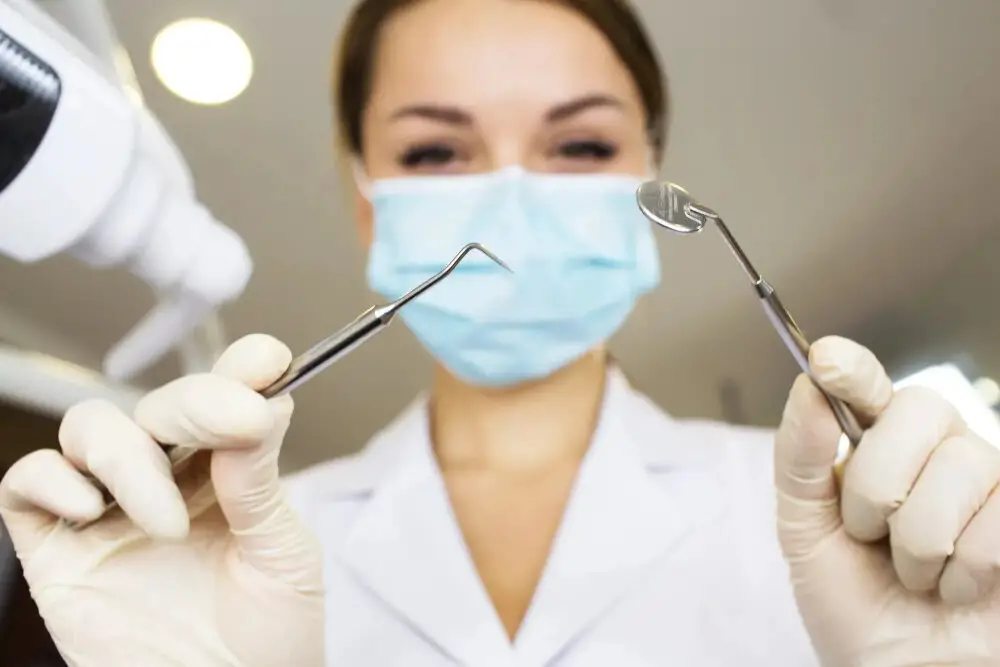
Positioning is a crucial factor in achieving better sleep after wisdom teeth extraction. It is recommended to sleep in an upright position for the first few days following surgery, as this can help reduce swelling and bleeding. Using a couple of pillows to prop yourself up can help you stay comfortable while sleeping in this position. Additionally, sleeping in an upright position can help prevent blood from pooling in the extraction site, which can lead to painful complications. Another recommended positioning technique for better sleep after wisdom teeth extraction is to sleep on your side. Sleeping on your side can help reduce the pressure on your jaw and can help prevent you from accidentally biting down on the extraction site. This position can also help improve breathing and reduce snoring, which can further enhance the quality of your sleep. To make sleeping on your side more comfortable, consider using a body pillow or placing a pillow between your knees to help align your spine. By using proper positioning techniques, you can help ensure that you get the restful sleep you need to recover from wisdom teeth extraction.
Elevating your head while sleeping can greatly improve your comfort level and aid in the healing process after wisdom teeth extraction. By propping yourself up with extra pillows, you can reduce the swelling and pain that can often accompany dental surgery. This position also helps to prevent blood from pooling in your mouth overnight, which can cause additional discomfort and prolong the healing process. Additionally, sleeping with your head elevated can reduce the risk of developing dry socket, a painful condition that can occur when the blood clot in the extraction site becomes dislodged. Overall, taking the time to adjust your sleeping position can make a big difference in your post-operative recovery and help you get a good night’s rest.
After a wisdom teeth extraction, it is crucial to avoid sleeping on the side where the tooth was removed. This is because lying on the affected area can cause discomfort, swelling, and bleeding. It is recommended to sleep on your back with your head slightly elevated to reduce swelling and promote healing. If you find it difficult to sleep on your back, try using pillows to prop yourself up. Additionally, avoid using a pillow that is too thick, as this can strain your neck and cause discomfort. By following these tips, you can ensure a smoother and more comfortable sleep after your wisdom teeth extraction.
Pain Management
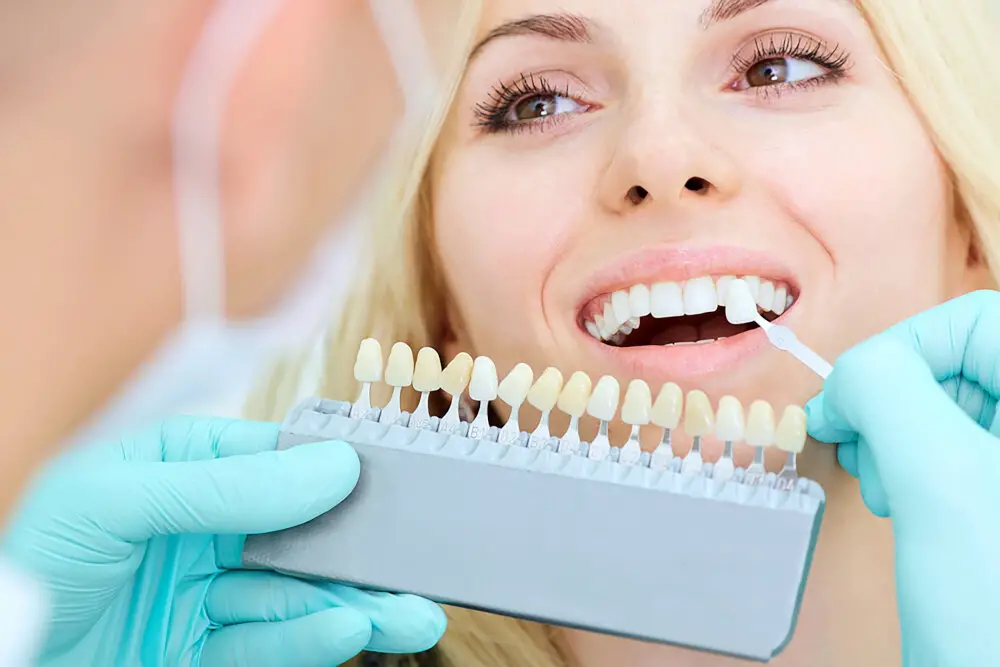
Pain management is an essential aspect of recovering from wisdom teeth extraction and achieving restful sleep. After the procedure, it is common to experience varying levels of discomfort and pain. Pain management techniques can help alleviate these symptoms and allow you to get the rest you need to heal properly. Your dentist or surgeon will likely prescribe pain medication to help manage your pain, but there are also other methods you can use to supplement medication. These include applying ice packs to the affected area, using heat therapy, and practicing relaxation techniques such as deep breathing or meditation. By employing a combination of these methods, you can effectively manage your pain and optimize your sleep quality. It is essential to follow your dentist or surgeon’s instructions when it comes to pain management after wisdom teeth extraction. This includes taking pain medication as prescribed, avoiding certain foods, and using ice packs and heat therapy as directed. It is also important to get plenty of rest and avoid strenuous physical activity during the recovery period. By taking these steps and utilizing various pain management techniques, you can reduce your discomfort and promote a faster, smoother recovery. With proper care and attention, you can sleep better tonight and enjoy a quicker return to your normal routine.
Taking pain medication as prescribed is essential after wisdom teeth extraction to ensure a comfortable recovery. Painkillers work by reducing pain, inflammation, and discomfort. Patients should follow their dentist’s instructions and take the medication as directed. Over-the-counter pain medication such as ibuprofen or acetaminophen can help manage pain effectively. However, it is crucial not to exceed the recommended dosage and avoid taking painkillers on an empty stomach. Also, patients should not mix different pain medications unless instructed by their dentist. By taking pain medication as prescribed, patients can alleviate pain and discomfort, allowing them to sleep better and facilitate a quick recovery.
After wisdom teeth extraction, swelling and discomfort are common. One effective way to reduce swelling is by applying an ice pack to the affected area. The cold temperature of the ice pack will cause the blood vessels in the area to constrict, which will limit the amount of blood flowing to the area. This will help to reduce inflammation and swelling. It is important to use the ice pack for 20 minutes at a time, with 20-minute breaks in between, to avoid damaging the skin. Additionally, placing a cloth or towel between the ice pack and the skin will provide an extra layer of protection. Applying an ice pack regularly can help to alleviate discomfort and promote healing.
Diet and Hydration
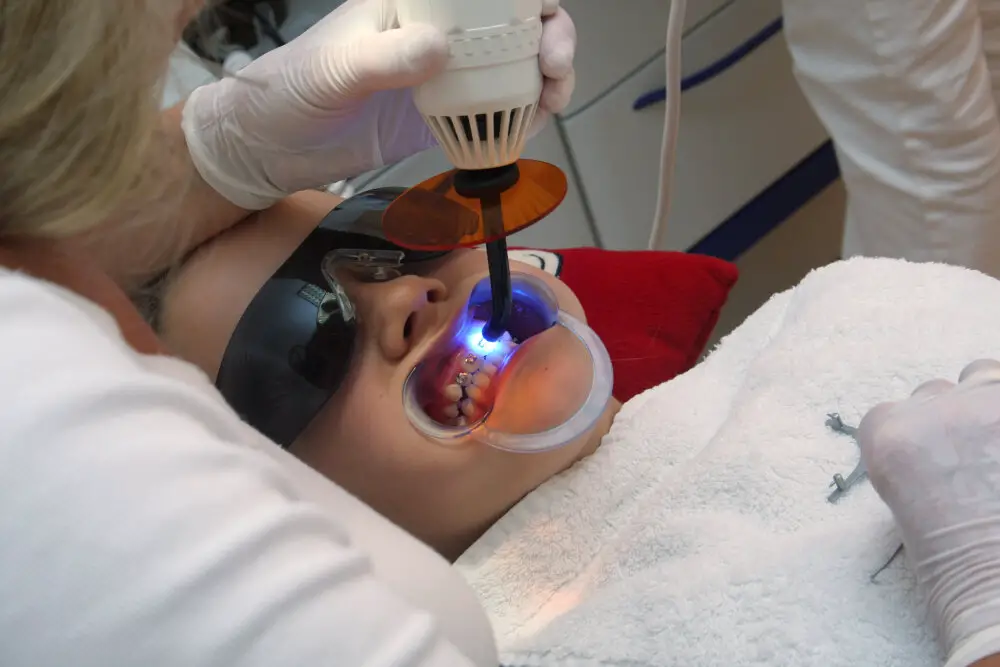
Diet and hydration play a crucial role in promoting a speedy recovery after wisdom teeth extraction, especially when it comes to getting a good night’s sleep. It’s important to eat soft and nutrient-dense foods that are easy to chew and swallow. Some of the best options include soups, broths, mashed potatoes, smoothies, and yogurt. Avoid crunchy, spicy, or acidic foods, as these can irritate the gums and cause discomfort. Also, be sure to stay hydrated by drinking plenty of water and other fluids, such as herbal tea or coconut water. Proper hydration can help reduce inflammation and promote tissue healing, which can improve sleep quality. In addition to eating well, it’s important to avoid alcohol and caffeine before bedtime. These substances can interfere with sleep and cause dehydration. Instead, try drinking a warm cup of herbal tea or milk before bed. Chamomile tea, in particular, is known for its calming properties and can help promote relaxation. Additionally, keeping a glass of water by the bedside can be helpful in case of thirst during the night. By following these dietary and hydration guidelines, you can help ensure a restful and peaceful night’s sleep after wisdom teeth extraction.
Staying hydrated is essential after wisdom teeth extraction as it helps to prevent dry socket, a painful condition that occurs when a blood clot fails to form or is dislodged from the socket. Drinking water, coconut water, and other fluids like herbal tea and fruit juice can help to keep the body hydrated and flush out toxins. It is important to avoid alcohol, caffeine, and sugary drinks, which can dehydrate the body and delay healing. Additionally, using a straw should be avoided as it can dislodge the blood clot and lead to dry socket. Drinking fluids regularly throughout the day will not only help in the healing process but also improve overall health and well-being.
After having wisdom teeth extracted, it is important to avoid hard or crunchy foods in order to prevent any damage or irritation to the healing site. Hard or crunchy foods can easily get stuck in the sockets where the teeth were removed, which can cause discomfort and delay the healing process. Opt for soft foods such as smoothies, yogurt, mashed potatoes, scrambled eggs, and soups. You can also try blending fruits and vegetables to make a healthy and easy-to-digest smoothie. It is also important to avoid straws as they can cause suction that can dislodge the blood clot. Following these simple dietary guidelines can help you heal faster and sleep better after wisdom teeth extraction.
After a wisdom teeth extraction, it is crucial to consume soft, easy-to-eat foods to avoid any discomfort and promote healing. These types of foods are gentle on the mouth and don’t require much chewing, which reduces the risk of damaging the extraction site. Examples of soft foods include smoothies, soups, yogurt, mashed potatoes, and scrambled eggs. It is essential to avoid crunchy, spicy, or acidic foods as they can irritate the wound and cause pain. Additionally, drinking plenty of water and avoiding alcohol and tobacco is highly recommended to speed up the healing process. In summary, eating soft and nutritious foods is a vital step towards a speedy recovery after a wisdom teeth extraction.
Relaxation Techniques

After wisdom teeth extraction, it’s common to experience discomfort and difficulty sleeping. Relaxation techniques can help you ease the pain and reduce stress, allowing you to fall asleep more easily. One effective technique is deep breathing, which involves inhaling slowly and deeply through your nose and exhaling slowly through your mouth. This can help reduce tension in your body and calm your mind. Another technique is progressive muscle relaxation, which involves tensing and then releasing each muscle group in your body, starting at your toes and working your way up to your head. This can help release tension and promote relaxation throughout your body. In addition to these techniques, meditation and visualization can also be helpful. Meditation involves focusing your attention on your breath or a specific object, while visualization involves imagining a peaceful scene or scenario. Both of these techniques can help reduce stress and promote relaxation, making it easier to fall asleep. It’s important to find the relaxation technique that works best for you and practice it regularly, not just after wisdom teeth extraction. By incorporating relaxation techniques into your daily routine, you can improve your overall sleep quality and reduce stress and anxiety.
Deep breathing exercises are an effective way to reduce stress and anxiety, which can help you sleep better after wisdom teeth extraction. These exercises involve taking slow, deep breaths, holding them for a few seconds, and then exhaling slowly. This can help to slow down your heart rate, relax your muscles, and calm your mind. You can do these exercises anywhere, at any time, and they only take a few minutes to complete. They are a simple but powerful tool that can help you to feel more relaxed and refreshed, making it easier to fall asleep and stay asleep after your oral surgery.
Listening to calming music can be an effective way to relax and promote better sleep after wisdom teeth extraction. Soft and soothing music can help reduce stress and anxiety levels, which are common after oral surgery. It can also distract you from any discomfort or pain you may be feeling, allowing you to drift off into a more peaceful slumber. Additionally, calming music can help regulate your breathing and heartbeat, promoting a state of relaxation and calmness. By incorporating calming music into your bedtime routine, you may find that you fall asleep faster and enjoy a more restful night’s sleep.
Guided meditation is a technique that can help promote relaxation and reduce stress levels, which can be especially beneficial for individuals recovering from wisdom teeth extraction. This form of meditation involves a guide, either in person or through a recording, leading the listener through a series of calming visualizations and breathing exercises. By focusing the mind on positive and soothing imagery, guided meditation can help quiet racing thoughts and ease physical tension. Additionally, incorporating guided meditation into a nightly routine can establish a sense of calm and promote deeper, more restful sleep, which is crucial during the healing process after wisdom teeth extraction.
After wisdom teeth extraction, getting good restful sleep is essential for a speedy recovery. In summary, there are several tips that you can follow to sleep better after wisdom teeth extraction. Firstly, plan ahead and schedule your surgery for a time when you can take a few days off work or school. Secondly, take your pain medication as prescribed to manage any discomfort. Thirdly, use ice packs to reduce swelling and numb the affected area. Fourthly, elevate your head with pillows to reduce pressure on the surgical site. Finally, avoid using straws, smoking, and consuming alcohol as they can cause dry sockets and slow down the recovery process. By following these tips, you can ensure a smooth and comfortable recovery after wisdom teeth extraction.
Following postextraction instructions is crucial for successful recovery after wisdom teeth extraction. These instructions are designed to promote healing and prevent complications such as infection, dry socket, and excessive bleeding. Some of the key instructions include avoiding smoking and drinking through a straw, maintaining a soft food diet, and keeping the extraction site clean. Failure to follow these instructions can delay the healing process and lead to prolonged pain and discomfort. Additionally, it can increase the risk of developing complications that could require additional treatment. Therefore, it is important to follow postextraction instructions carefully to ensure a smooth and successful recovery after wisdom teeth extraction.
Conclusion

In conclusion, getting enough restful sleep after wisdom teeth extraction is crucial for proper healing and overall well-being. Following the effective tips mentioned in this article can help alleviate discomfort, reduce swelling, and promote a faster recovery. From practicing good oral hygiene and using ice packs to elevating your head and avoiding certain foods, these simple yet effective strategies can make a significant difference in the quality of your sleep and your overall recovery process. Remember to always follow your dentist’s post-operative instructions and listen to your body’s needs. With patience, care, and a little bit of effort, you can sleep better tonight and feel better tomorrow.




